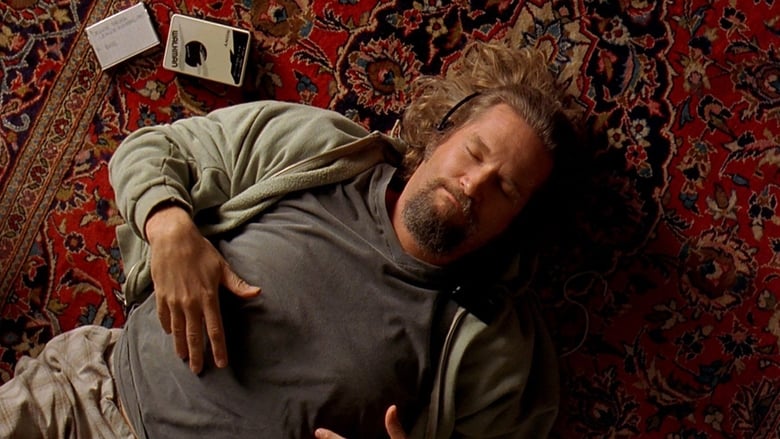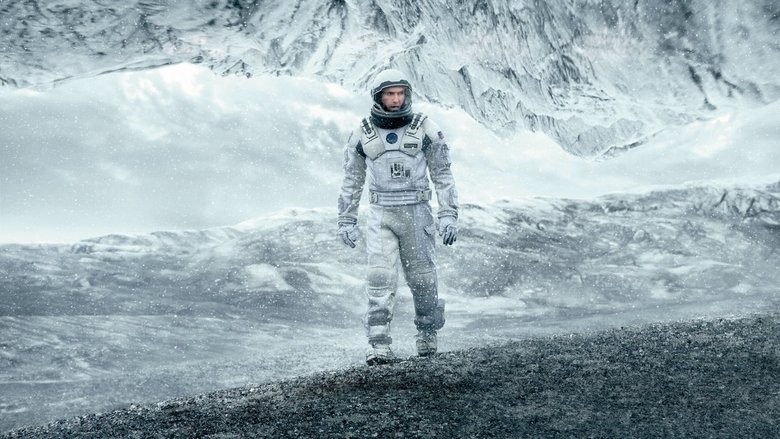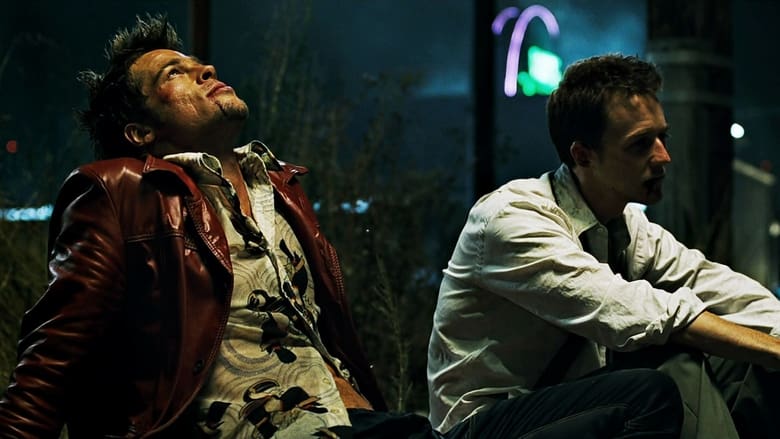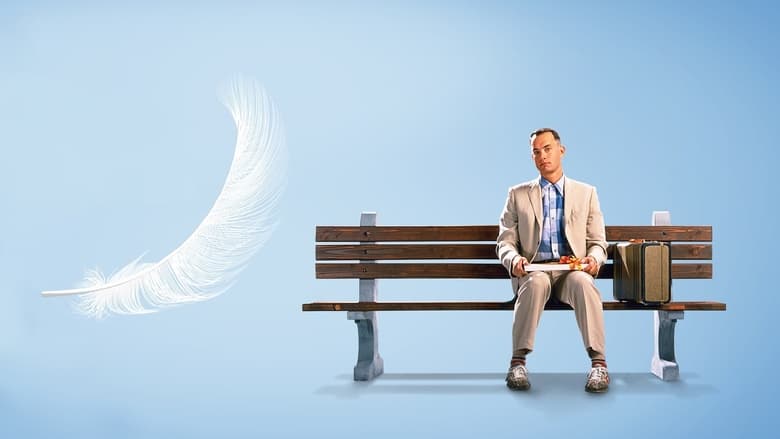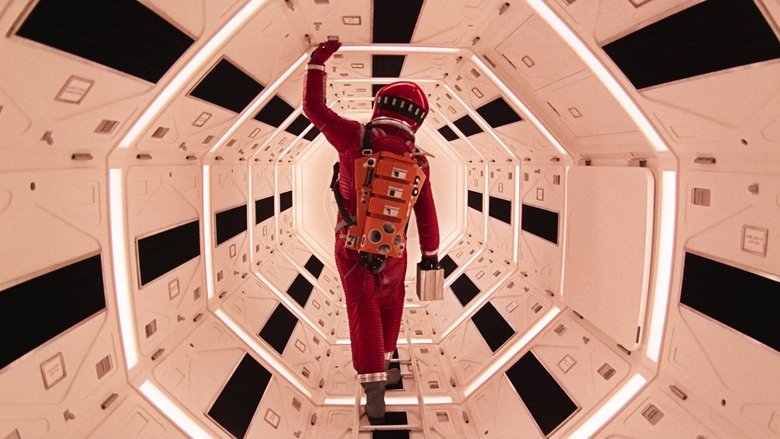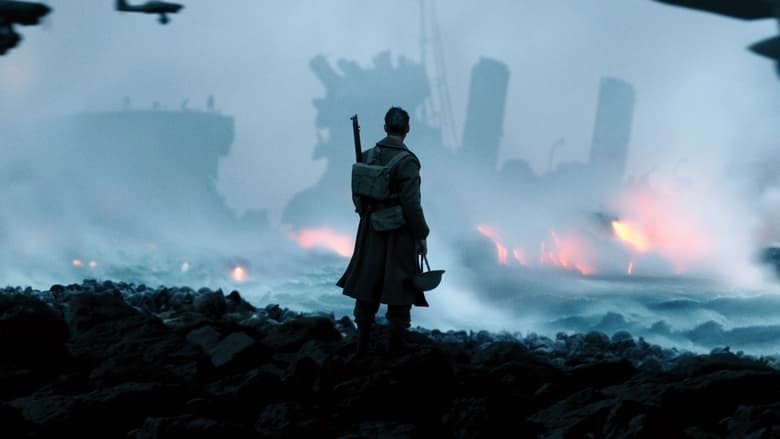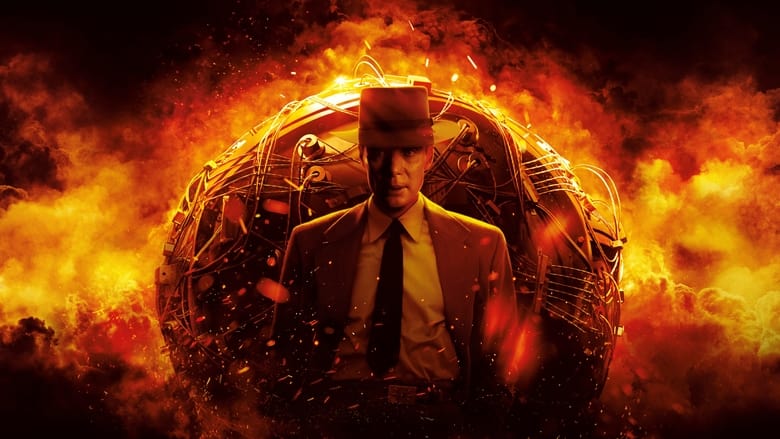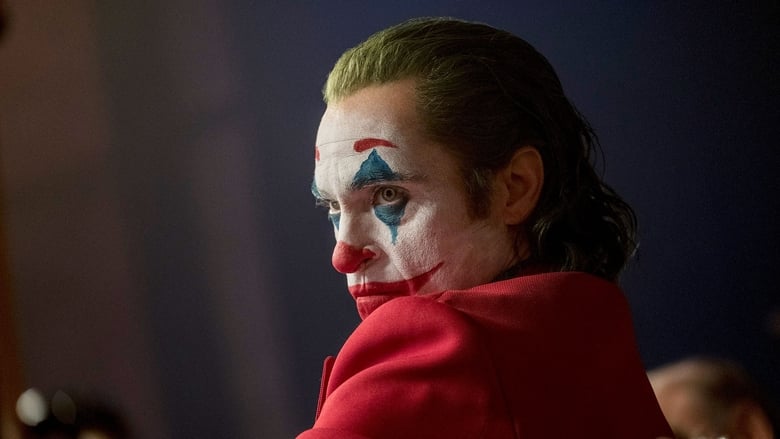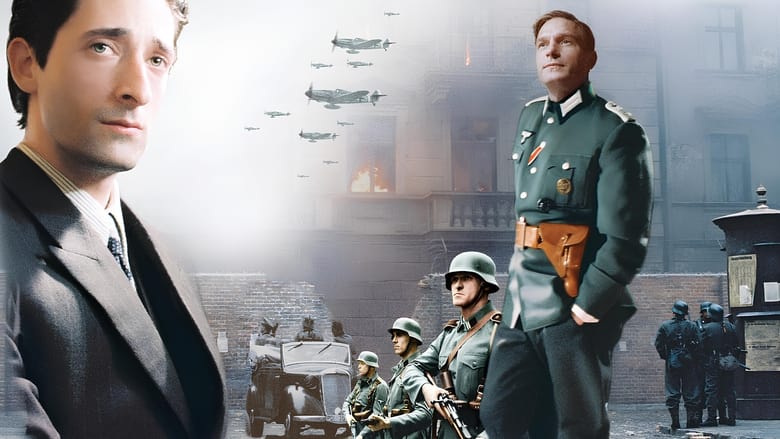Megacities is a documentary about the slums of five different metropolitan cities.


Similar titles



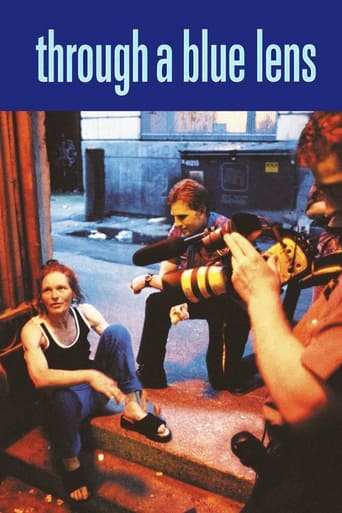
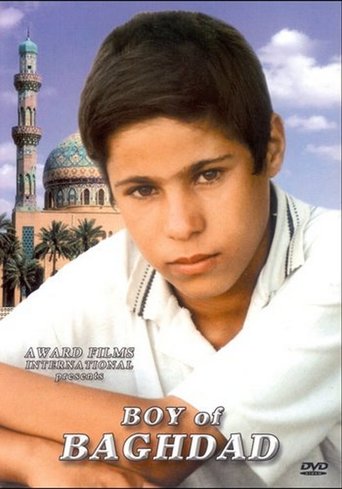
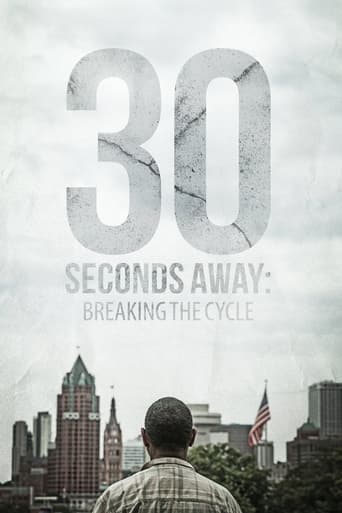
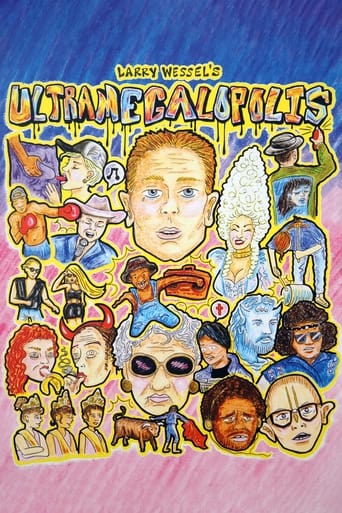
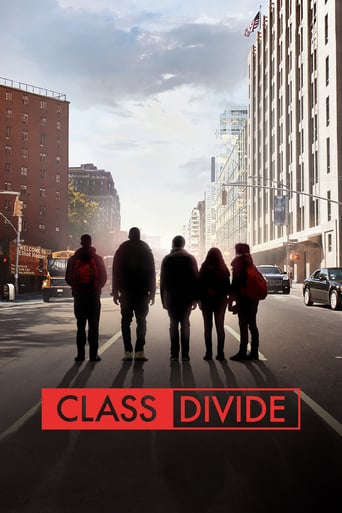
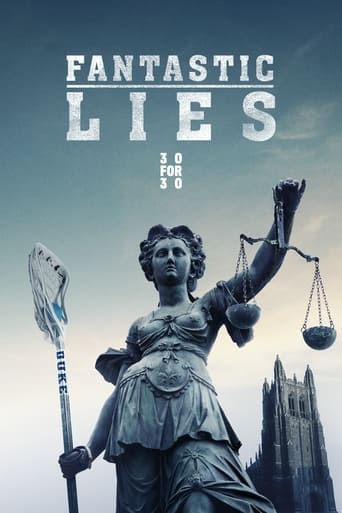
Reviews
Michael Glawogger is known to move fluidly from documentary to fiction, but it is somewhat confusing to see both formats in a single movie/documentary. Of course it is true there is no sharp line between fiction and reality.Hanu Abu-Assad introduced his documentary "Ford Transit" by saying that no documentary is objective. By the choice of your topic (he is Palestinian), the shots you take, the cutting, even your mere presence at the scene.However in a documentary I do not expect "staging", unless it is clearly indicated and functional like in "The act of killing".Anyway, the apparent acting throughout the movietary, as I would like to call it, negatively affected my perception of the movie. We see people chasing each other towards the camera and then the camera follows them. No coincidental shot. A gay man is " seduced" and while we see him naked and "turned on" he is humiliated and forced to pay money. A woman is interviewed in a broadcast and we see both the anchorman and the woman in the street. This is all clearly staged.The effect it had on me was that I began to doubt most of the scenes. Were the beautiful long shots with the man sifting red, blue and yellow dye colors real, or was the man asked to exaggerate for the effect (he became red, blue and yellow himself).Does this mean I found the movietary a real fail? No I didn't.Megacities portrays the twelve lives of poorest citizens of four megacities: Mumbai, Moscow, New York and Mexico City. (I therefore prefer the German title: "Megacities - 12 Geschichten vom Überleben").The best scenes are those where the camera mercilessly shows the emptiness, the monotony, the bad working conditions, the poor hygiene and the struggle for money. Dog-fights for fun. Gruesome. Rows of people doing the same work, each day. A chicken factory where chickens are handled and killed carelessly (they keep screaming and moving while their blood spatters against the wall) – a shocking and painfully beautiful picture.Later I realized that Glawogger wanted to tell a story with images not words (no interviews). When real spontaneous shots were not possible, the scenes were replaced by "acting".The stories were connected by asking the twelve persons for their ultimate dream. Dreaming means hope and that is what one needs under these circumstances. The last woman even wished she would stay in (or always return to) the ghetto she lived in. A beautiful end.
well, i hear the criticism about paying the subjects, exploitation, political agenda, etc. is not everything an illusion to one degree or another? however, billions of humans in economic poverty is not an illusion. the film presents persons usually never seen by the privileged minority (not just untouchables; "unseeables") that constitute perhaps the majority of the residents of planet earth. all filmed subjects (when the subjects are aware of being filmed, that is) are altered by the presence of the camera, and microphones. there is no way to transmit the smells, the extremes of temperature/humidity, but all these things are there, 24/7/365 for many people. i think it is a valid testimony to reality, and well worth seeing. i spent months in two of the cities, new york and Mexico city, and have lived for two years in another megacity, sao paulo, brasil. seeing is believing, and these places have a surreal aspect to them, especially the slums, favelas, etc. such humanity pressed together, many struggling to survive in massive cities where indeed there is ample money flowing, but the concentration of this wealth is amongst the few. one would be foolish to ignore the urban phenomenon and the effects on terrestrial sensibilities and life itself. there is a karmic aspect at work as well, which for me is the parallel with "koyaanisquatsi", "baraka", etc. so the director paid them! should he have filmed them for free?
After reading the other comments and reviews I have been expecting something like Kooyanisquatsi, Powaquatsi or Baraka, and I think that might have been the intention or ambition of the filmmaker. But, oh my, he failed big time. This is exploitation all the way. It´s completely staged and directed, and it suits itself by showing images of violence poverty and selfdegradation. He never comes even close to the real issues of Megacities in our time ( so he leaves out Tokyo for example- not enough poverty and crime there, I think). It reminded me fatally of the Italian exploitative documentaries of the 60s ( for example Mondo Cane by Gualtiero Jacopetti and Franco Prosperi, who also staged everything they depicted in their films). So even his approach is not at all new or original. And like the Italians he seems to look down on people in a way you might call fascist, but everyone should judge for himself. So, if you watch it, do not take it too seriously. It´s not worth it, at all!!
Nice one, though at the beginning of the film it's hard to keep up with the subtitles and the images at the same times.The scene of the chickens being left to die brought shivers down my spine. It makes me think twice about eating chickens.


